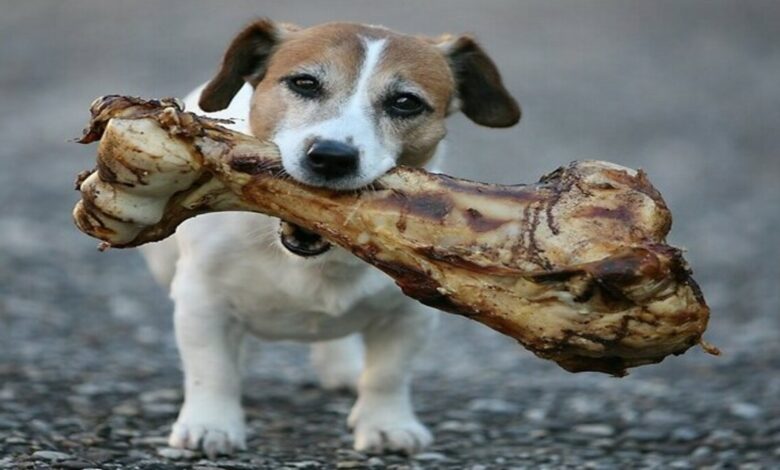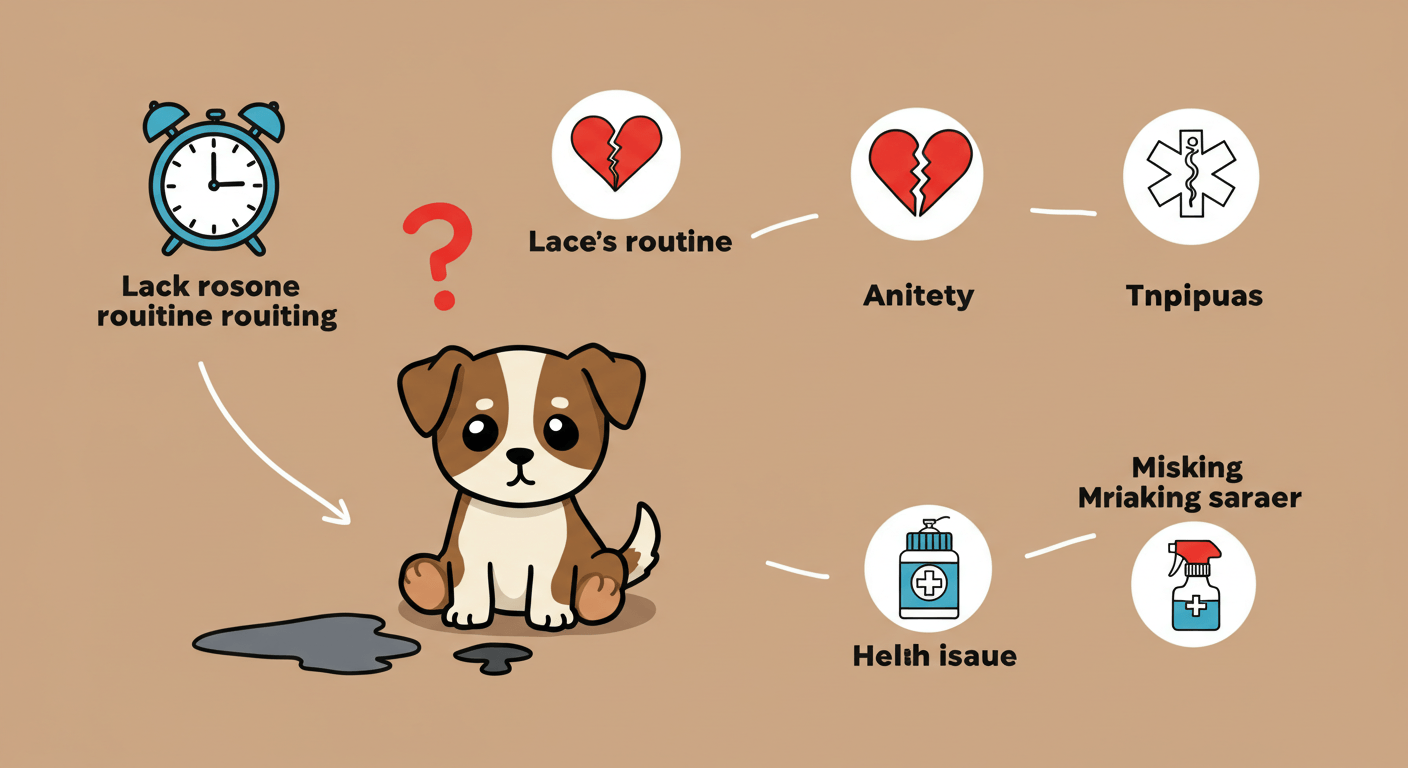
It has long been common to see a dog completely enamored with a bone, devoting hours to chewing, playing with, and even burying this canine relic. But why exactly do dogs love bones so much? Let’s explore this intriguing question.
First of all, it is important to point out that bones are much more than just a tasty treat for dogs. Dogs are descendants of wolves, and these wild animals used to hunt and consume their prey whole, including bones. Therefore, their bone-gnawing behavior is rooted in their natural hunting and survival instincts.
Biting and gnawing on bones is a form of exercise and mental stimulation for dogs. Chewing helps relieve boredom and anxiety, and promotes oral health. The chewing process stimulates the gums and facial muscles, keeping them strong and healthy. In addition, the action of chewing on a bone helps to remove plaque and tartar from the teeth, preventing common dental problems in dogs.
Besides the physical benefits, gnawing on a bone can also provide a sense of comfort and security for dogs. Bones have a characteristic and familiar smell to them, which can evoke feelings of belonging and reassurance. In stressful situations or when they are lonely, dogs may turn to bones as a form of self-satisfaction and relaxation.
So it is very important to note that not all bones may be safe for your pet. Some bones, such as those of birds, may splinter or splinter, posing a risk of choking or internal injury to the pet. For this reason, it is critical to provide dogs with only safe and appropriate bones, such as recreational dog bones found in pet supply stores. These bones are designed specifically for canine chewing and are less likely to break.
- The True Cost of Owning a Dog in the United States (What Most Owners Don’t Expect)
- How to Teach Your Dog to Pee in the Right Place
- Discover America’s Favorite Pets
- Types of Exotic Pets that Delight and Surprise
- These are the toys they love and you didn’t know it!
It is also important to mention that, nowadays, many dogs are fed balanced and complete diets that meet all their nutritional needs. Therefore, bone gnawing should not replace an adequate and balanced diet. Recreational bones should be considered as an addition to the animal’s regular diet, not as the main source of food.
In summary, dogs’ fascination with bones is a combination of instinctive, behavioral, and even emotional factors. Bones provide an opportunity for exercise, mental stimulation, oral health care, and a sense of comfort for dogs. However, it is critical to provide safe and appropriate bones, and to remember that bones should not be a substitute for a balanced diet. If you want to provide this pleasure to your canine companions, consult a veterinarian for guidance on the best types of bones for your dog and the correct way to offer them.










